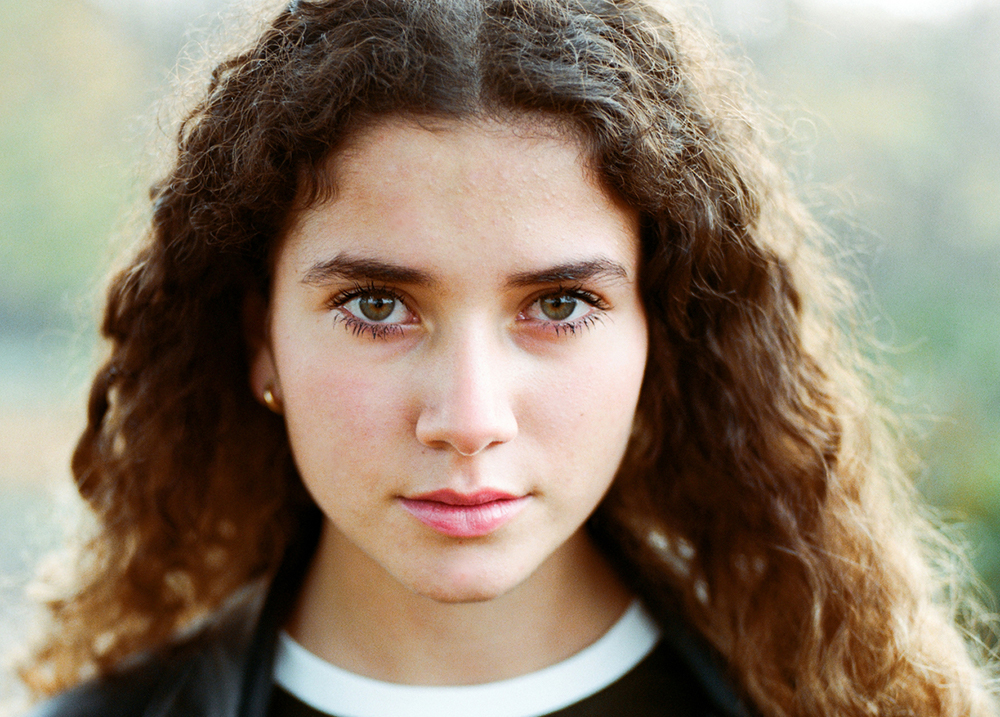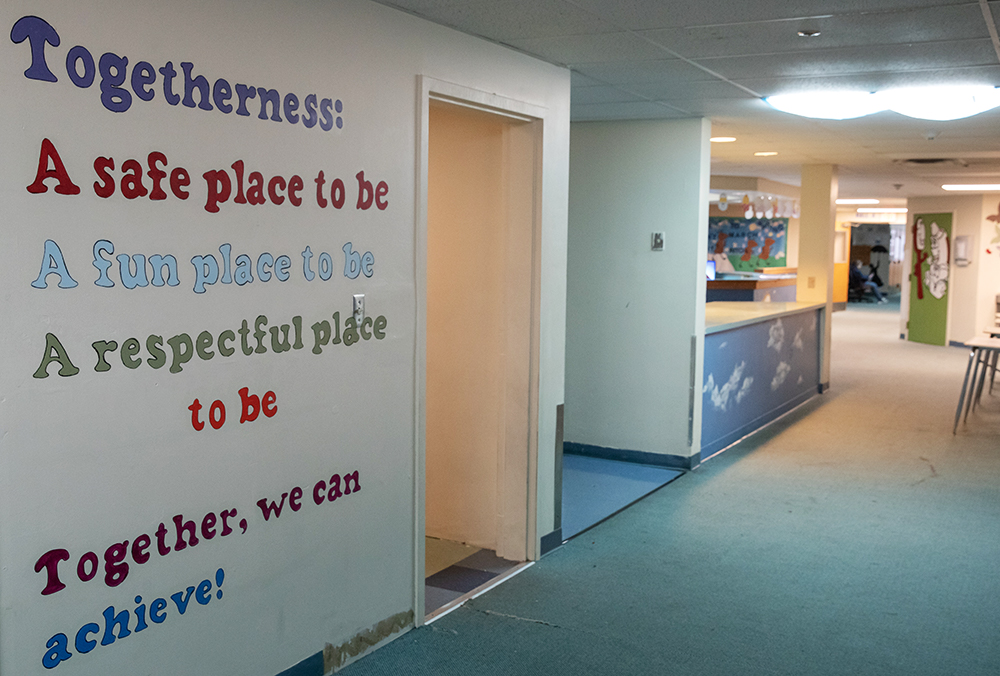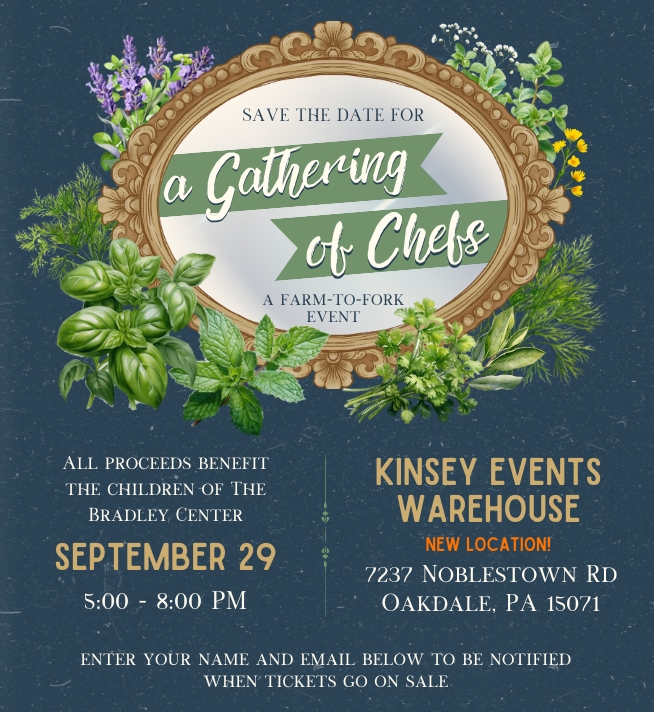Who We Help
Every child deserves to live free from the pain and fear of trauma and mental illness.
Rebuilding Childhood
There is no “one-size-fits-all” approach at The Bradley Center. Every child we help is different, because the trauma, behavioral issues, and mental health challenges that have brought them to us are always unique.
Many of the kids we work with have previously experienced violence, neglect, bullying, abuse, or other personal traumas. Others come to us for help in overcoming disruptive mental or behavioral challenges.
But as different as every child at Bradley may be, they all want the same things: To be welcomed, listened to, and appreciated — to self-actualize, and be accepted for who they truly are.
“One of my biggest inspirations comes from The Gardener and the Carpenter, a study of parenting styles by developmental psychologist Alison Gopnik. To paraphrase her philosophy: a carpenter tries to fit a child into a predetermined mold, but a gardener plants a seed and lets it grow in its own way. At Bradley, we’re proud to be gardeners.”
How We Help
Children and families who are recovering from trauma or struggling with behavioral issues often feel vulnerable, frustrated, and overwhelmed. They need a safe place to process their experiences and receive the help they need to grow into happy, confident, capable individuals.
To help them accomplish this, each child’s personalized care plan is coordinated among all stakeholders who are involved in the child’s success. This includes The Bradley Center’s educators, therapists, counselors, and staff, as well as with other integrated services, individualized treatment plans, youth-guided initiatives, hospitals and medical providers, and family-focused outreach. The result is a unique care plan that is specifically customized to help each child recover, grow, and thrive.
The Bradley School
It can be hard for children who need special care to receive it in traditional school settings.
As a result, some kids may act out, become disruptive, or experience anxiety and depression. Others may become withdrawn, or express their emotions through violence toward themselves or others.
Our classroom settings and individualized care plans are designed to help our educators teach our students in a way that truly connects. By offering the personalized care and structure that each child requires, and with all learning content adapted to meet the individual needs of each student, children who have not previously been successful in a classroom setting will be amazed at their own capacity to learn, achieve, and excel.
The Bradley Psychiatric Residential Treatment Facility
Some children suffer from complex trauma or behavioral challenges that require additional help and treatment beyond the boundaries of the classroom. For the youth at Bradley who need more comprehensive care plans, our psychiatric residential treatment facility (PRTF) provides a stable and supportive living and learning environment.
As a certified Sanctuary Model® provider, our staff is fully trained in trauma-informed, resilience-focused care that puts children first. Through individualized diagnostic, medical, and therapeutic treatments, our PRTF helps each child develop a healthy long-term approach to self-care.
Voices of Bradley
Heather Yurkovich, Nurse Manager
What Does Success Look Like at Bradley?
Every child’s situation is different, because all children’s experiences are their own. While some kids may spend more time at Bradley than others, we work to renew and restore a productive relationship between youth and their families, schools, and communities whenever possible.
Our benchmarks for measuring the long-term progress and success of Bradley children include:
- Maintaining positive habits and behaviors
- Better self-control and good decision-making
- Positive responses to treatments or medications
- Increased sense of self-confidence and self-worth
- Reducing a child’s reliance on medications when possible
- Developing the skills they need to manage their own care after their time at Bradley ends
“At a personal level, success looks different for every child. For example, sometimes when children first arrive at Bradley they won’t make eye contact, they may be sad or oppositional, and they may feel as if they can’t trust adults. But by the end of their time with us, if they’re laughing and joking, or happily playing basketball with their new friends, that’s success.”





